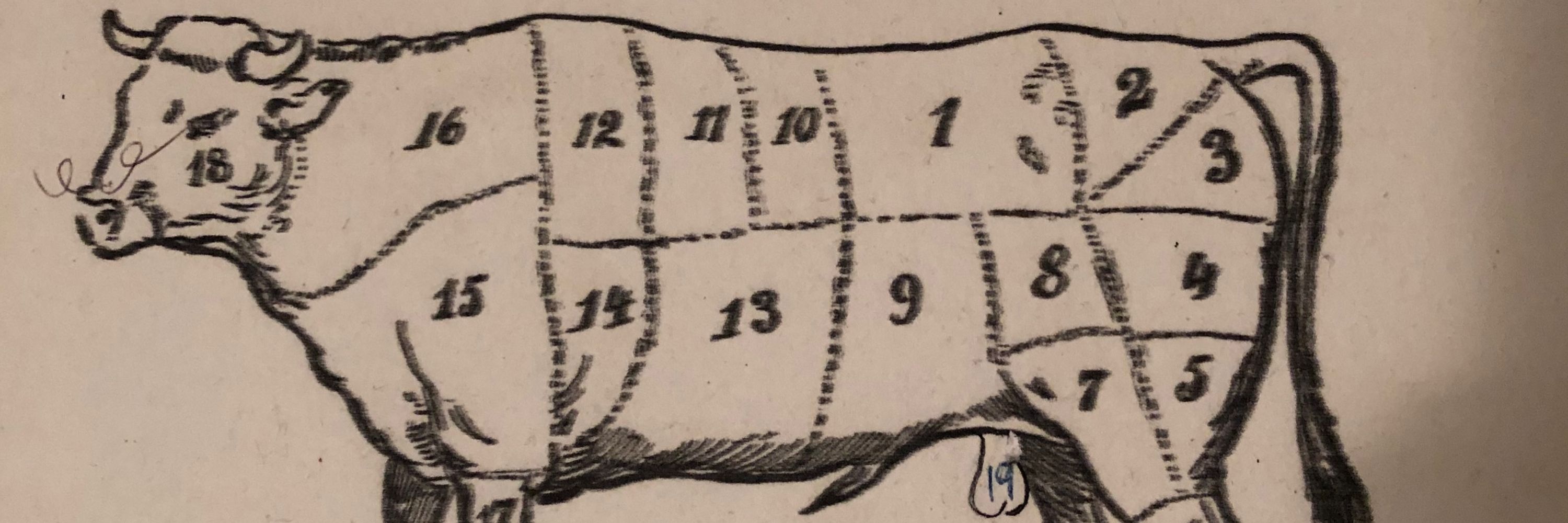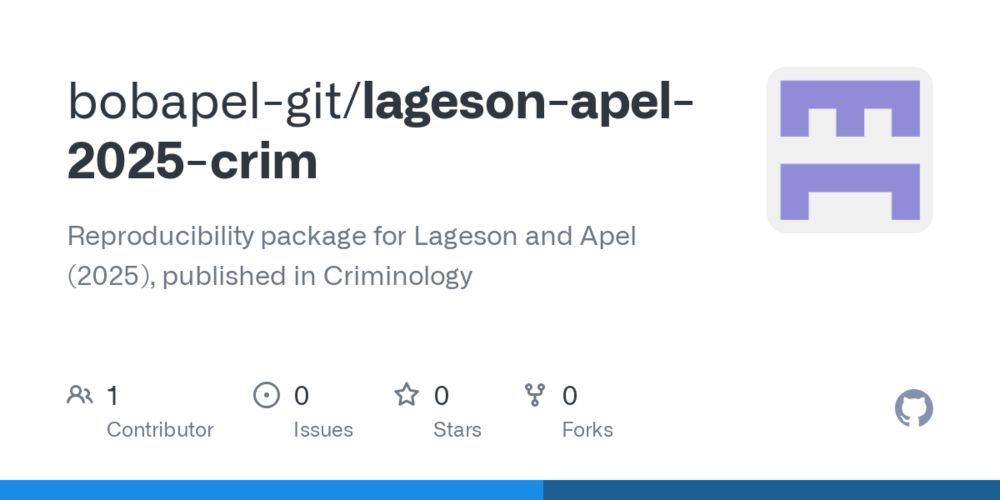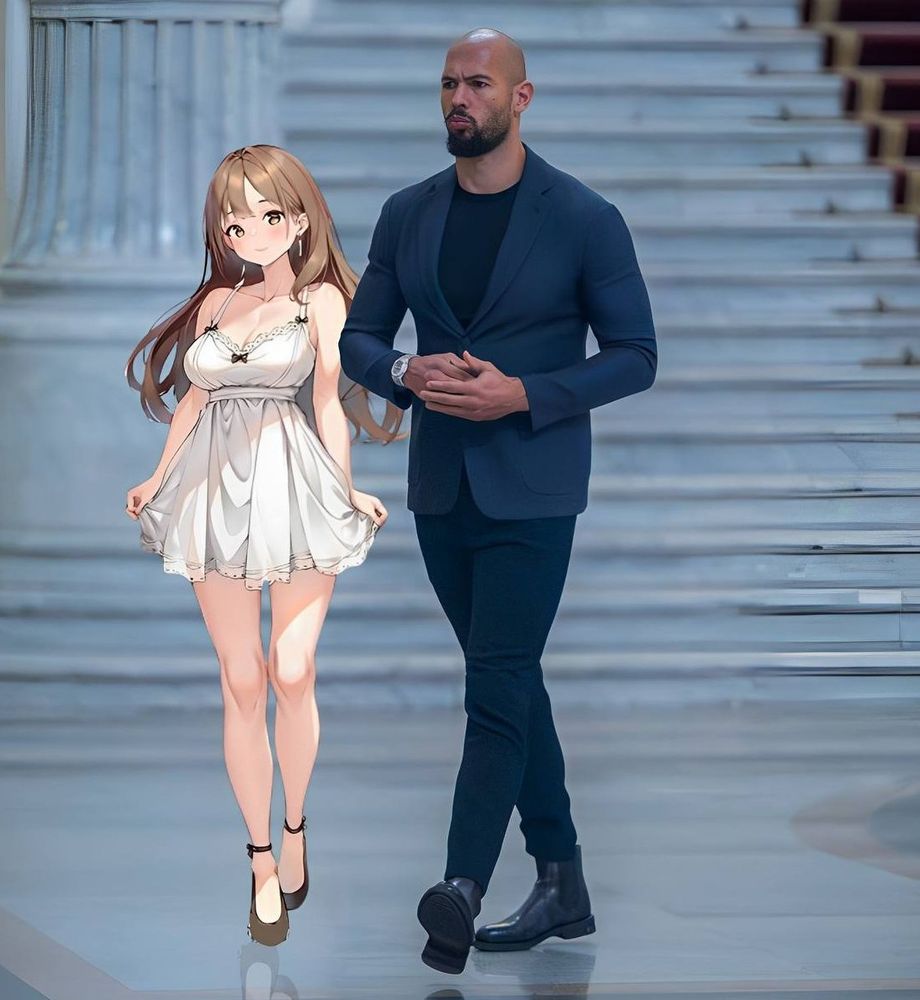Robert Apel
@bobapel.bsky.social
990 followers
2.6K following
46 posts
Social scientist at Rutgers with expertise in criminology and social policy
Posts
Media
Videos
Starter Packs
Reposted by Robert Apel
Robert Apel
@bobapel.bsky.social
· Aug 6

Recorded Justice or Procedural Justice? A Randomized Controlled Experiment of the Influence of Body Worn Cameras and Officer Behavior on Citizen Attitudes
We implement cluster randomization to test the impact of procedurally just and unjust police behavior during a hypothetical traffic stop (versus procedurally neutral behavior), in addition to the i...
www.tandfonline.com
Robert Apel
@bobapel.bsky.social
· Aug 6
Robert Apel
@bobapel.bsky.social
· Aug 6
Robert Apel
@bobapel.bsky.social
· Aug 6
Robert Apel
@bobapel.bsky.social
· Aug 6
Robert Apel
@bobapel.bsky.social
· Aug 6
Robert Apel
@bobapel.bsky.social
· Aug 6
Robert Apel
@bobapel.bsky.social
· Aug 6
Robert Apel
@bobapel.bsky.social
· Jul 8
Robert Apel
@bobapel.bsky.social
· Jul 7
Robert Apel
@bobapel.bsky.social
· Jun 23

The mark or trace of a criminal record: A survey experiment of race and criminal record signaling
Employment discrimination from a criminal record is a salient social fact, evidenced by a robust body of experimental research. In Part 1 of this study, we analyze prior criminal record hiring experi...
onlinelibrary.wiley.com
Robert Apel
@bobapel.bsky.social
· Jun 23
Robert Apel
@bobapel.bsky.social
· Jun 23
Robert Apel
@bobapel.bsky.social
· Jun 23
Robert Apel
@bobapel.bsky.social
· Jun 23
Robert Apel
@bobapel.bsky.social
· Jun 23
Robert Apel
@bobapel.bsky.social
· Jun 23
Robert Apel
@bobapel.bsky.social
· Jun 23
Robert Apel
@bobapel.bsky.social
· Jun 23
Reposted by Robert Apel
David Roberts
@volts.wtf
· May 23




